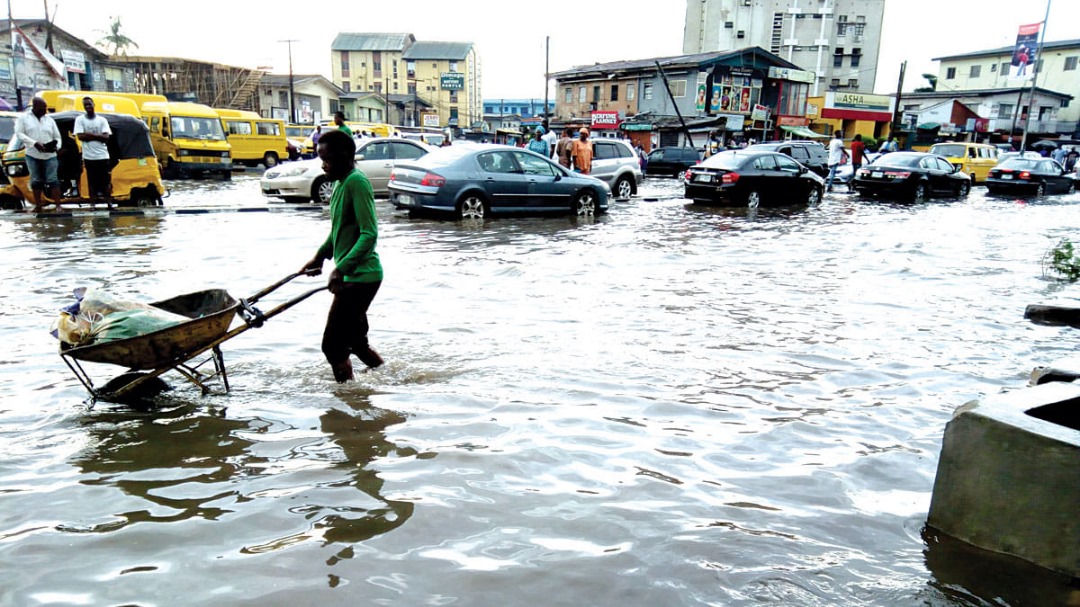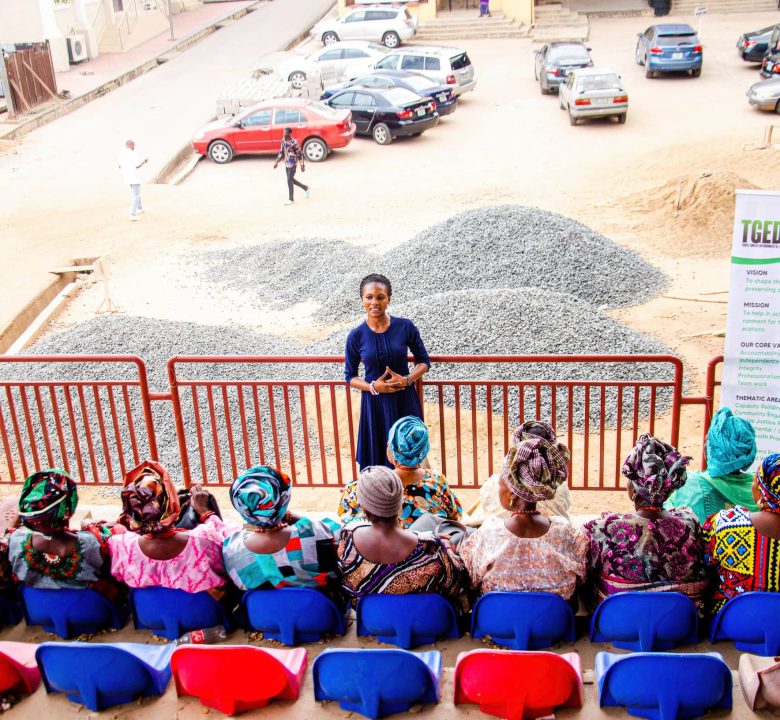
Green Women Rising: Digital Capacity Building Training for African Women Entrepreneurs
July 31, 2025
World Clean-Up Day 2025
September 19, 2025FLOODING IN NIGERIA: CAUSES AND HOW WE CAN PREVENT IT
Every rainy season, we hear the same stories — homes submerged, roads turned into rivers, lives lost, and communities displaced. Flooding disrupts livelihoods, damages infrastructure, and costs the nation billions. While heavy rains are a natural part of our climate, much of Nigeria’s flooding problem stems from human actions, which means it can also be reduced through human solutions.
Why Flooding Happens
Studies have shown that flooding in Nigeria is caused by several interconnected factors (Ishaya et al., 2009; Nkwunonwo et al., 2015).
- Poor waste disposal is a major culprit; plastics and other refuse block drains, preventing stormwater from flowing away.
- Unregulated building on floodplains and waterways obstructs natural drainage paths.
- Weak enforcement of planning laws allows risky development in vulnerable zones.
- Rapid population growth and unplanned urbanization increase paved surfaces that cannot absorb water, while climate change brings more frequent and intense rainfall.
Between 1985 and 2014, floods affected over 11 million Nigerians, claimed more than 1,100 lives, and caused economic losses exceeding US$17 billion (Nkwunonwo et al., 2015).
Preventing Flooding: What Works
Preventing floods requires cooperation between government, communities, and individuals. Key strategies include:
- Proper waste management – Stop dumping refuse in drains and waterways; ensure regular clearing and maintenance of drainage channels.
- Enforcing building regulations – Prohibit and remove structures on waterways; protect natural drainage areas.
- Upgrading drainage systems – Expand and modernize infrastructure to meet the needs of growing urban populations.
- Nature-based solutions – Plant trees, protect wetlands, and restore green spaces to absorb excess rainwater.
- Early warning systems – Use weather alerts and community networks to warn residents ahead of heavy rainfall.
Community Awareness and Responsibility
Sustainable flood control begins with everyday actions. Individuals should understand how their waste disposal habits and construction choices can increase flood risk. Awareness campaigns — such as those led by TGED Foundation — highlight that prevention is cheaper and safer than disaster recovery, and that each citizen’s actions contribute to the safety of the whole community.
A Shared Commitment
Flooding in Nigeria is not inevitable. By addressing the root causes, enforcing environmental laws, and adopting practical solutions, we can safeguard our communities. If each stakeholder plays their part — from government agencies to local residents, and with the support of committed organizations like TGED Foundation — we can make the rainy season a period of growth, not destruction.
REFERENCES
- Ishaya, S., Ifatimehin, O. O., & Okafor, C. (2009). Mapping flood risk zones in a developing urban centre of Nigeria. Journal of Sustainable Development in Africa, 11(4), 180-193.’
- Nkwunonwo, U. C., Whitworth, M., & Baily, B. (2015). Flooding and flood risk reduction in Nigeria: Gaps, challenges, and prospects. Natural Hazards, 78(2), 1311-1334.
Photocredit: NexDim Empire
Written by Olalekan Adeyanju




